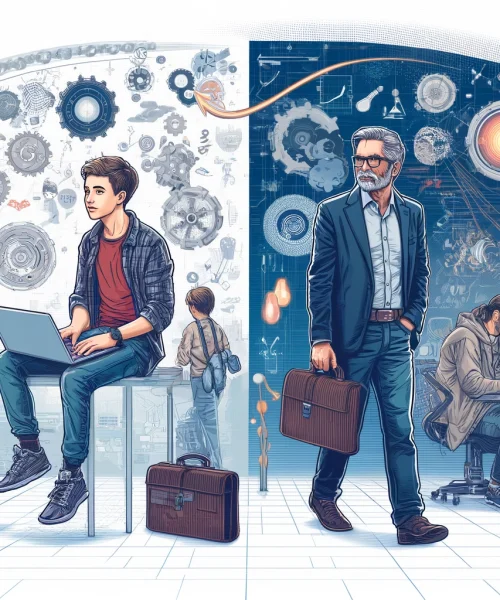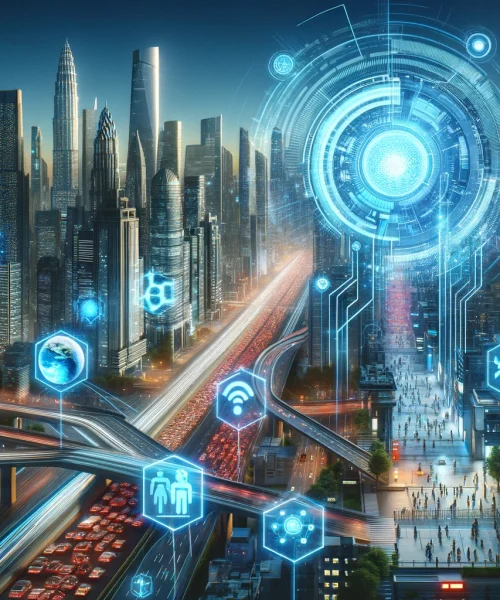In the golden age of the Renaissance, when the printing press opened the gates of knowledge, a new paradigm was emerging, fraught with hopes and apprehensions. The revolutionary scope of this invention was not met with universal enthusiasm. Ecclesiastical authorities and sultans of the Ottoman Empire sensed cracks in the foundation of their consolidated power. They recognized that an increasingly informed public undermined their monopoly on truth and, consequently, on power itself.
In this context of cultural fervor, the human library was exploding into a multitude of voices and visions. Yet, some enlightened minds of the time were seized by palpable angst. They believed that the rising tide of information could drown wisdom in a sea of misinformation. These thinkers, anchored in scientific and humanistic principles, advocated for a degree of editorial control to stem the informational flood.
Today, in the twenty-first century, another existential dilemma looms with the advancement of artificial intelligence. Visionary figures like Elon Musk, Bill Gates, and Sam Altman, aware of the transformative power of this technology, call for a cautious approach to its dissemination. The unease is an echo of times past, but it wears a modern form: will artificial intelligence be used irresponsibly? Could it unleash uncontrollable forces?
But today’s issue presents an additional complication: the ubiquity of this new form of intelligence. The open source movement has played a crucial role in making these technologies accessible to the general public. However, the urgency for regulation is growing, and if imposed hastily, it could stifle the vitality of the open source community.
The dilemma is twofold: on one hand, placing limits on open source would amount to stifling innovation, excluding creative geniuses who are not part of the big companies’ oligopoly. On the other hand, titans like Google and OpenAI could further strengthen their dominant position, leaving little room for newcomers.
Thus, as we brace for another whirlwind of technological innovation, the goal must be to find a balance. It is essential that today’s fears are not left to shape the future in ways that could repress progress itself. The middle ground is everything: let’s not allow fear to dictate humanity’s path towards progress.












